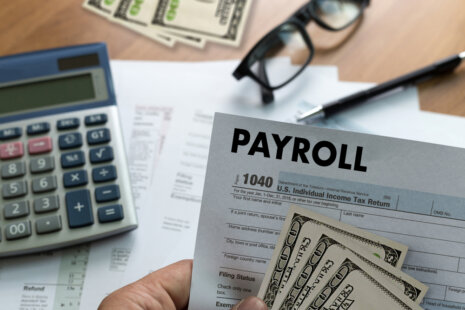When you start a business, you need to understand how taxes work to ensure compliance with tax laws and regulations.
Here’s an overview of the key aspects of taxes for new businesses…
- Business Structure – The structure of your business (e.g., sole proprietorship, partnership, corporation, or LLC) will determine how your business is taxed. Each structure has different tax implications, including how income is taxed, reporting requirements, and liability for taxes.
- Tax Identification Number – You’ll need to obtain a tax identification number for your business, such as an Employer Identification Number (EIN) from the IRS. This number is used to identify your business for tax purposes and may be required for various tax filings.
- Income Tax – Your business will be subject to income tax on its profits. The tax treatment varies depending on your business structure. For example…
- Sole Proprietorships and Single-member LLCs – Business profits are reported on the owner’s personal tax return (Form 1040) using Schedule C.
- Partnerships and Multi-member LLCs – Profits and losses are passed through to the individual partners or members, who report them on their personal tax returns.
- Corporations – Corporations are taxed separately from their owners. They file a corporate tax return (Form 1120) and pay taxes on their profits at the corporate tax rate.
- Estimated Taxes – If you expect to owe $1,000 or more in taxes when you file your return, you may need to make estimated tax payments throughout the year to avoid penalties and interest. Estimated tax payments are typically made quarterly and cover income tax as well as self-employment tax (if applicable).
- Employment Taxes – If you have employees, you’ll need to withhold federal income tax, Social Security tax, and Medicare tax from their wages and pay the employer’s portion of Social Security and Medicare taxes. You’ll also need to file payroll tax returns and make payroll tax deposits on a regular basis.
- Sales Tax – Depending on your business activities and location, you may be required to collect and remit sales tax on goods or services sold. Sales tax regulations vary by state and locality, so it’s important to understand the rules that apply to your business.
- Other Taxes – Depending on your business activities, you may be subject to other taxes such as excise taxes, property taxes, or specialized industry taxes.
It’s essential to keep accurate records of your income, expenses, and tax-related transactions throughout the year and to consult with a tax professional or accountant to ensure compliance with tax laws and maximize tax-saving opportunities for your business.




